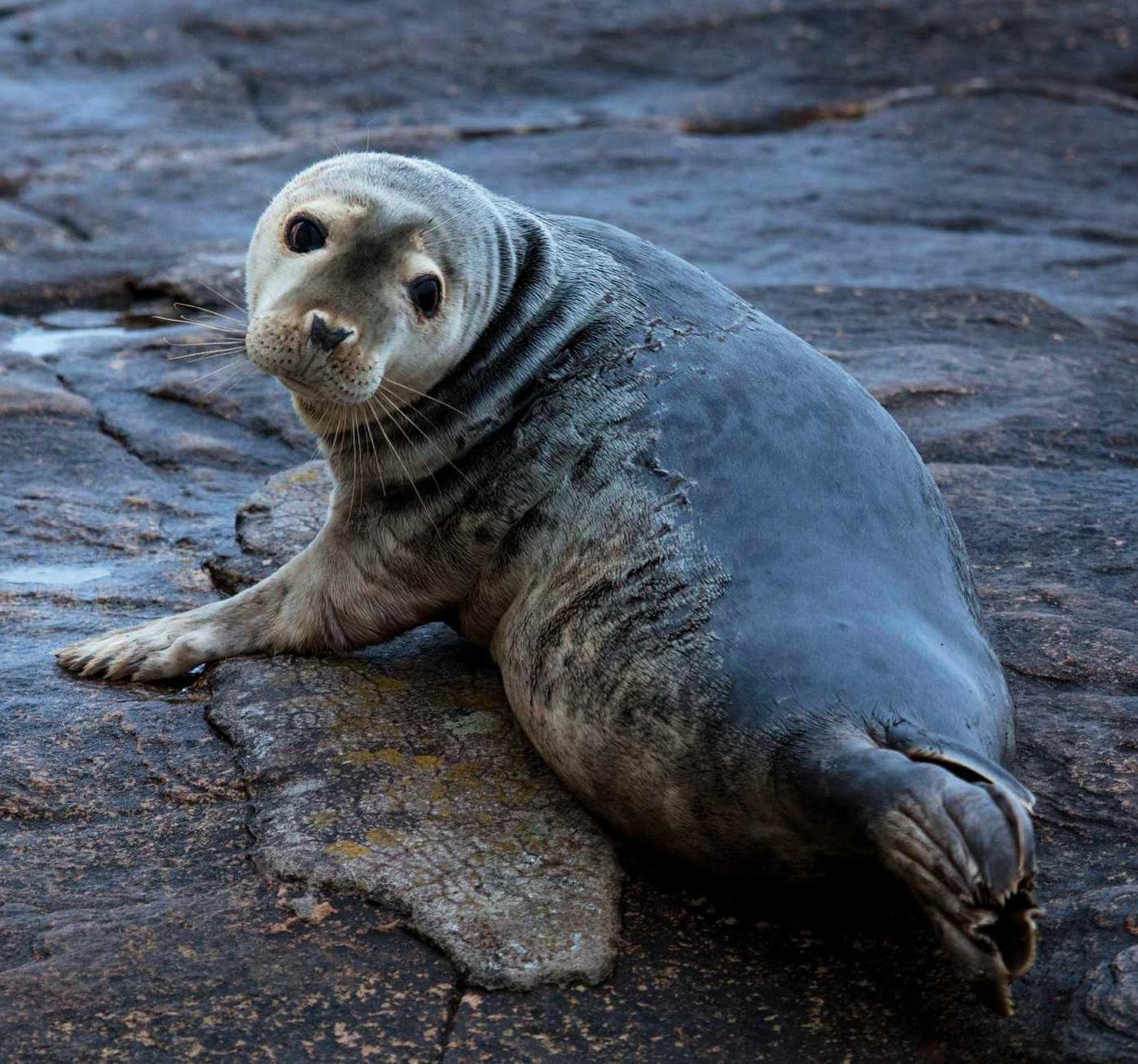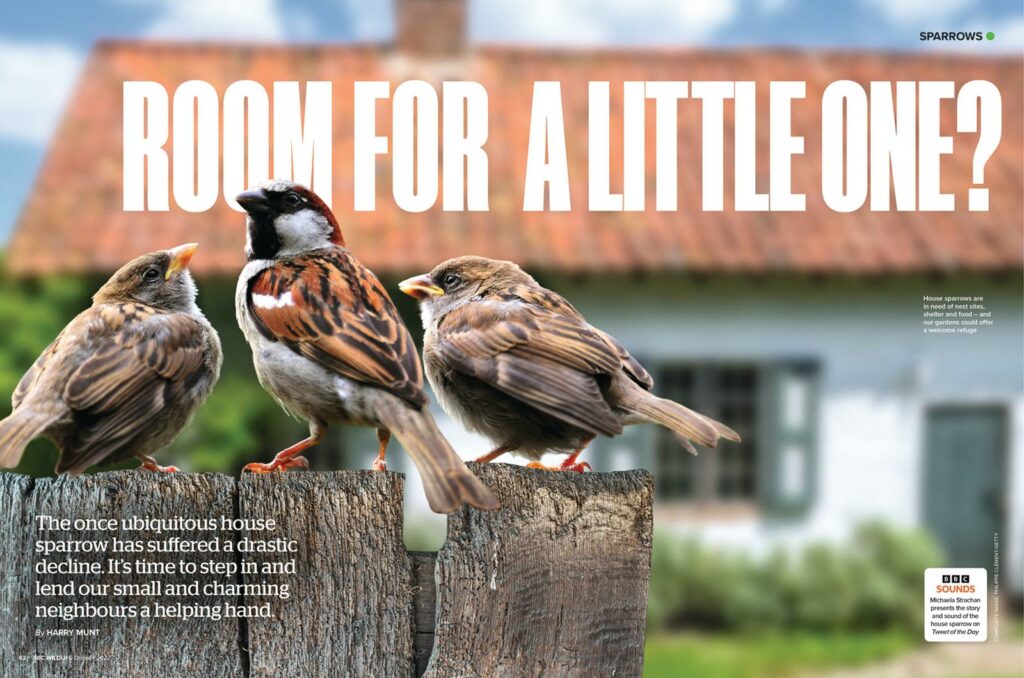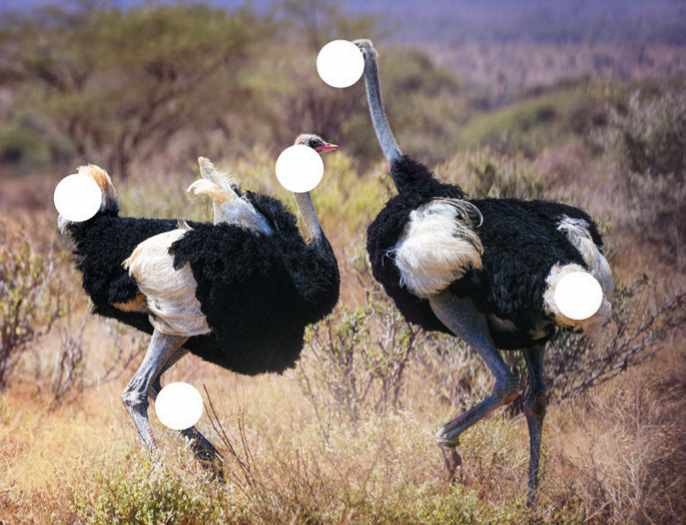
It is rare to find people who really understand nature
AS AN AMATEUR WILDLIFE photographer, ocean activist, and a volunteer for Tynemouth Seal Hospital, I was much interested in what Mark Carwardine had to say about humans’ interaction with dangerous animals (November 2022). We, as a society, have completely lost our connection to the natural environment. People may ‘behave’ for fear of getting fined, but it is rare to find people who really understand nature.
It is often uncertain why injured or sick seal pups end up in our care. The causes may be natural, but I fear that there are many instances where human (mis)behaviour is the main cause.
Let me share the example of about three lads from North Shields, who went out one night to St Mary’s Island off Whitley Bay. After I kindly asked them to stay off the rocks and not disturb the seals, one of them asked, “Ye knaa how they make tuna out of fish? What d’ye make of seals, like?”
I honestly do not recall in detail how I handled the situation. The question was so… mad. As a socialist, I immediately empathised with the disenfranchised, downtrodden North East working class, denied proper education. But, really? They make tuna out of fish? And that means that all animals are food? What did the lad, bless him, expect me to say?
Rewilding and predators
Mark Carwardine’s article about our attitude in the UK to large predators and other potentially large creatures was well written and showed how hypocritical we are about big wildlife.
Back in 2008, there was a BBC programme about Paul Lister attempting to release wolves onto his estate, Alladale, in Scotland. He was met by the usual frenzy from sheep farmers and shooting estates. But what really made me angry was also the deep resentment and opposition from many in the climbing and hillwalking fraternity. One of them, who has been on programmes about the outdoors and has made money writing hillwalking books, stood there when being interviewed and said he hoped it fails.
We have seen how long it took to let beavers be released – not exactly a creature that would eat your children. Of course, now there are calls for sea eagles to be culled by sheep farmers with no evidence to back it up, and for wild boar and feral pigs to be culled as they have allegedly been eating sheep. Maybe stopping the subsidising of sheep farms would be a better idea.
It goes on and on, the petty ignorance and skewed ideas about the natural world.
Salmon in Scotland
Regarding Mike Dilger’s seasonal article on salmon (Wildlife Spectacles, October 2022), the Falls of Beugh in Banchory, Scotland, is a good location to see salmon leaping.
Mark Bell, via Twitter

Welcoming sparrows
Thank you for your insightful article by Harry Munt (‘Room For A Little One?’, October 2022). When I was young, house sparrows were the most common bird in our garden. Then 14 years ago, we moved from a house with a small, town garden in a road, where a flock of 40-50 house sparrows lived, to a house with a larger garden and no sparrows at all.
We were only half a mile away, as the crow flies. I was shocked at their absence so I put up nest boxes and food in the hope I could tempt sparrows into our garden. Tree bumblebees promptly moved into the bird box. It was years before I heard the tell-tale tweets of the first pair inspecting the birdfeeder.
The number of sparrows has steadily grown in my garden but I will certainly follow Harry’s advice in the hope I can encourage them to finally nest here, and attract more.
HARRY MUNT REPLIES: I’m thrilled you enjoyed my piece and admire the love and dedication you have towards your sparrows. It doesn’t take much for a house sparrow to decide something is too far. Many birds will venture less than 10m from their nest to breed.
However, it sounds like you’ve lured in the first pioneers, so stay persistent and as they say: “Build it, and they’ll come” (eventually!).
Bush Walk
Rainforest, natural, a leaf-strewn track, quietly meandering.
Mossy rocks and pebbles, a gurgling, bubbling stream, gently cascading.
Flickering filtered light, lush greenery, softly moving.
A disturbed bird, a flash of movement, silence.
An open clearing, fernery, tall trees, a presence.
A slow, a sensing, suffused light, sacred.
A belonging, a becoming, stillness, tranquillity.
Always.
GET IN TOUCH
wildlifeletters@immediate.co.uk
Post
BBC Wildlife, Eagle House Bristol, BS1 4ST
By contacting us you consent to let us print your letter in BBC Wildlife. Letters may be edited.

Answers to Spot The Difference